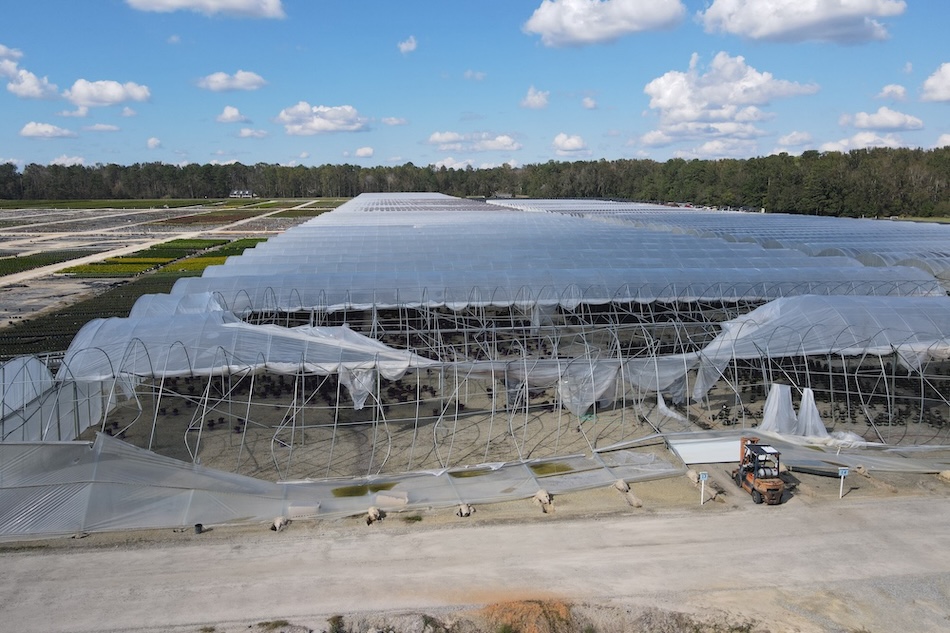For generations, Americans have had the luxury of giving very little thought to the safety of their food supply. They could eat in peace. Now, it will likely take an educated agrosecurity work force to keep it that way.
The University of Georgia has added a new agrosecurity certificate program to focus on the issue. Set to begin this fall, it's among the nation's first such undergraduate programs.
"Today's students bear the responsibility for the future safety and health of our nation's food supply," said Jean Bertrand, assistant dean of academic affairs for the UGA College of Agricultural and Environmental Sciences.
"We want this program to instill a greater awareness of issues surrounding security of our food systems," she said. The program should "provide them with management tools and emergency response skills should a problem arise."
The program is aimed to help students think more critically, she said, about emerging issues on food system infrastructure and security. It's geared to prepare them to make sound food-security decisions.
"The new program is part of a growing trend to help reshape the way we look at our food systems and agriculture's role in protecting the supply," Bertrand said.
The coursework requirements include 17 hours of classes, including three required courses.
"In the course, 'Terror and the Food Supply,' students will learn the fundamentals of agrosecurity," she said. "They will study the legal description of terrorism, the nature and incentives of international and national terrorist groups and how agriculture is vulnerable to terrorist attack."
Students will get an in-depth view of the infrastructure needed to keep food production secure. They'll learn the natural pests terrorists could use. And they'll take part in interactive terrorism scenarios. A course on agricultural incident response preparedness will help students see the hazards and enhance their response skills.
To get the certificate, each student must complete an agrosecurity seminar. "This capstone course will explore current agrosecurity topics through guest speakers and independent research," Bertrand said.
Other classes needed to earn the certificate can come from one of four focus areas: agricultural policy, animal agriculture, plant protection or food processing.
"This program will offer a unique combination of academic instruction combined with technical training and practical experience," Bertrand said.
The students will also will work in the UGA Office of Security and Emergency Preparedness. "Our goal is to help students not only learn the issues but develop valuable communication and problem-solving skills, too," she said.
The CAES has an ongoing effort to graduate students with practical, applied experience. Students in this program will meet with a number of collaborator groups. Some of these may provide related internships and career opportunities.
"We want students to leave this program with a well-rounded, realistic education and understanding of agrosecurity in all its implications and applications," Bertrand said. "We want them to be well prepared to make sound decisions regarding the security of our nation's food supply."






